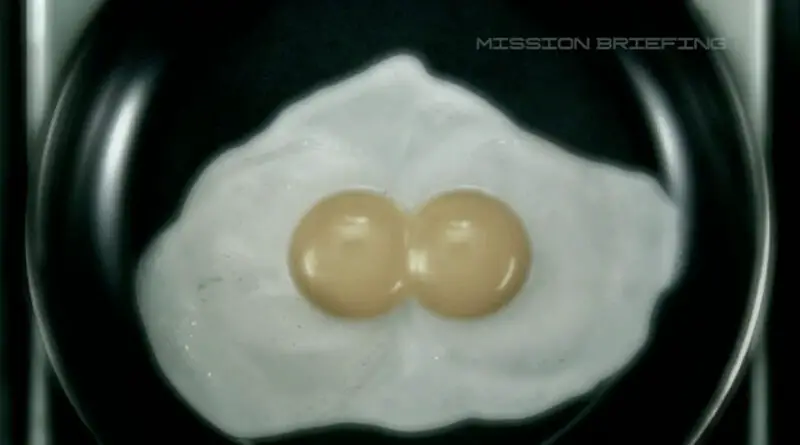Kojima talks about Metal Gear Solid 4 as the game celebrates its 15th anniversary
On the eve of Metal Gear Solid 4’s 15th anniversary, Hideo Kojima shared some anecdotes about the game on Twitter, in response to a famous Japanese streamer who just finished the title and whose footage Kojima was watching.
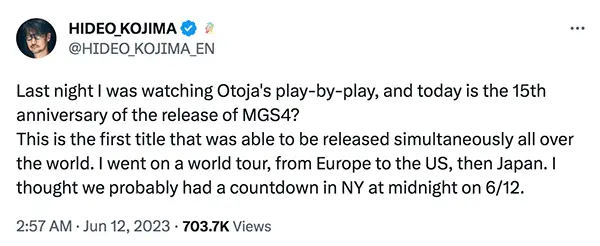
The director discussed the meaning behind Snake’s alias in MGS4, Old Snake (he has made a similar point before in an online essay).
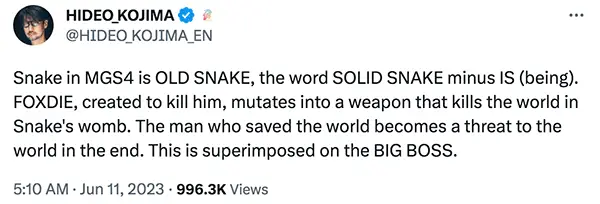
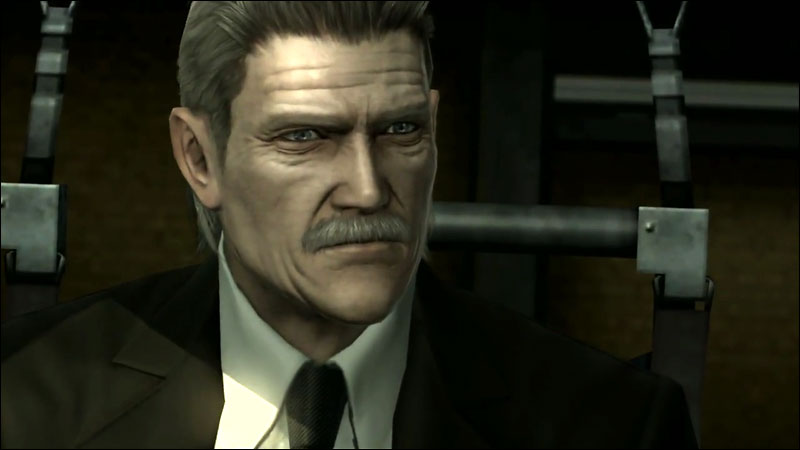
During the epilogue of the game, Big Boss appears, and disarms Snake using CQC with a move that seamlessly transitions into an embrace.

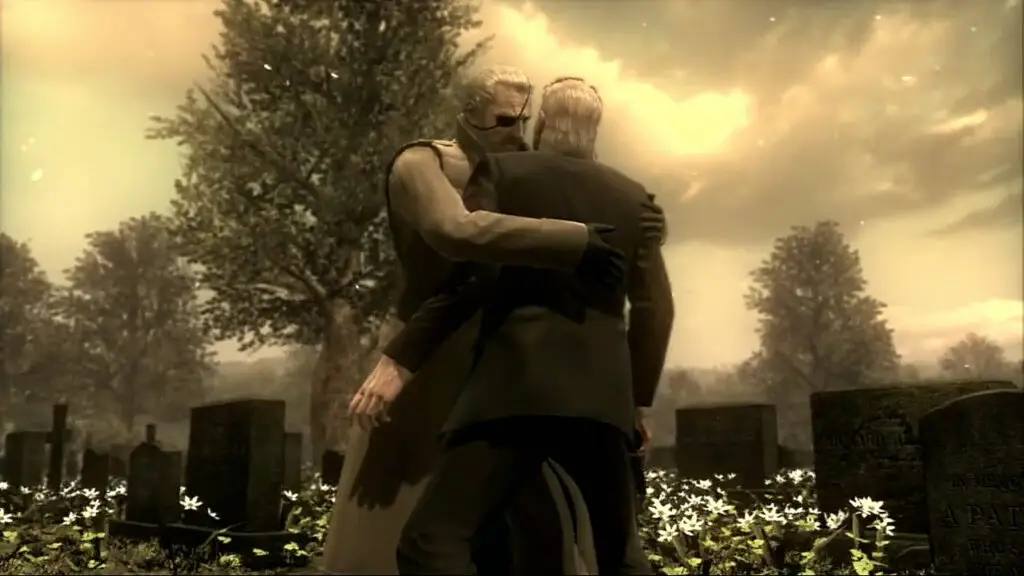
Kojima also talked about the scenes between Otacon and Naomi, and in her pre-recorded message played after her death, she affectionately stretches out her hand as if trying to touch Otacon through the computer screen.
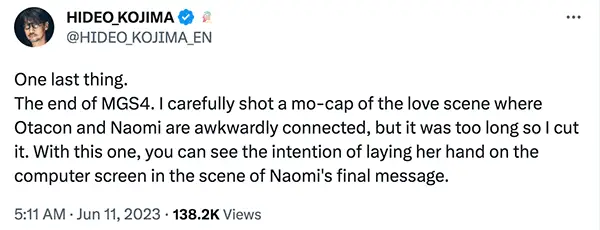
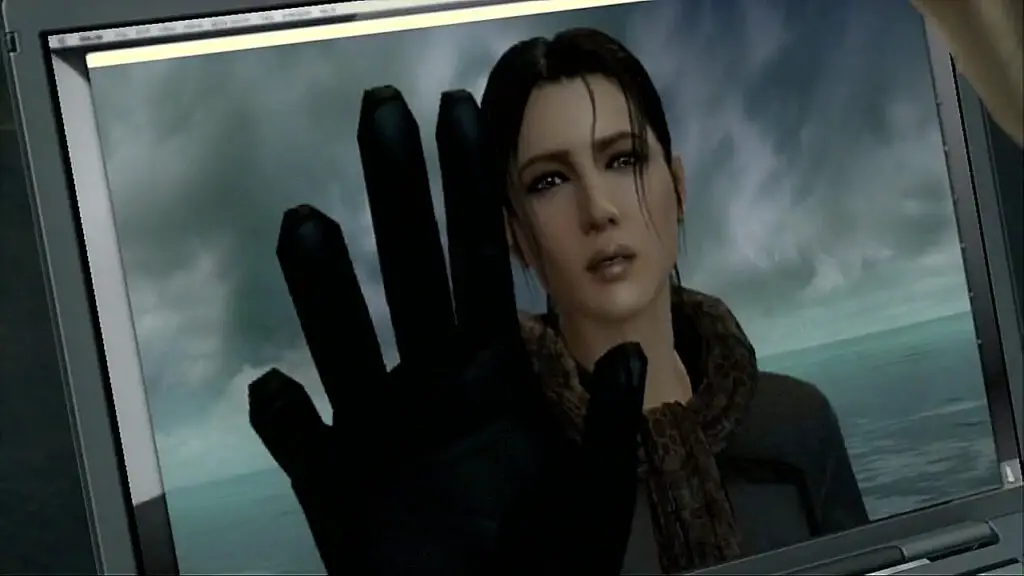
He also discussed the final boss fight between Snake and Liquid-Ocelot, mentioning the recurring theme of the last fight taking place atop a high place.
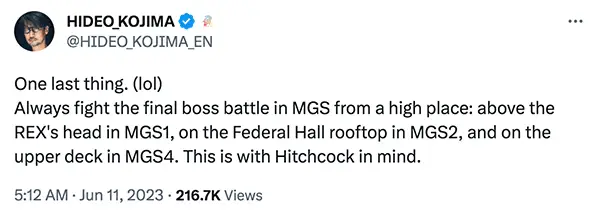
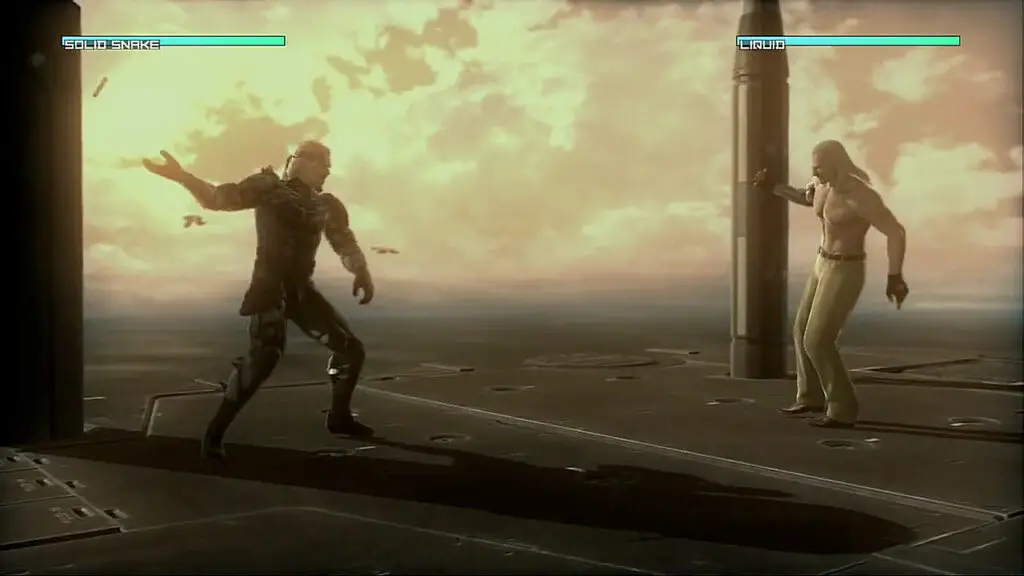
When Liquid-Ocelot dies, he ends up in the same pose as Liquid at the end of Metal Gear Solid 1.


When MGS4 was released fifteen years ago, it painted a bleak picture of a future battlefield, with PMCs fighting proxy wars using drones, smart weapons with IDs and gun laundering. Kojima posed the question how we should feel when we compare this fictional world to today’s battlefield.

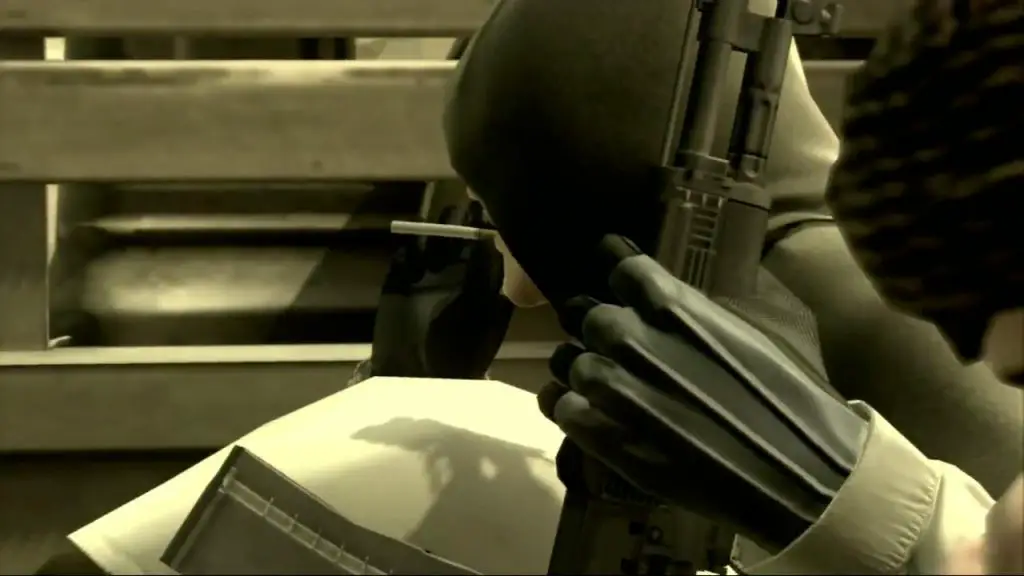
At the start of each act, we see a top down view of Sunny cooking sunny-side up eggs in a pan, the staple food inside the Nomad (since none of the crew can actually cook). The way the egg yokes react in each scene foreshadows events that are to come. These scenes were shot using live action, since Kojima did not think it would look good enough with computer generated images.
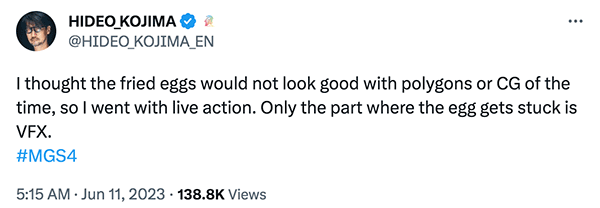
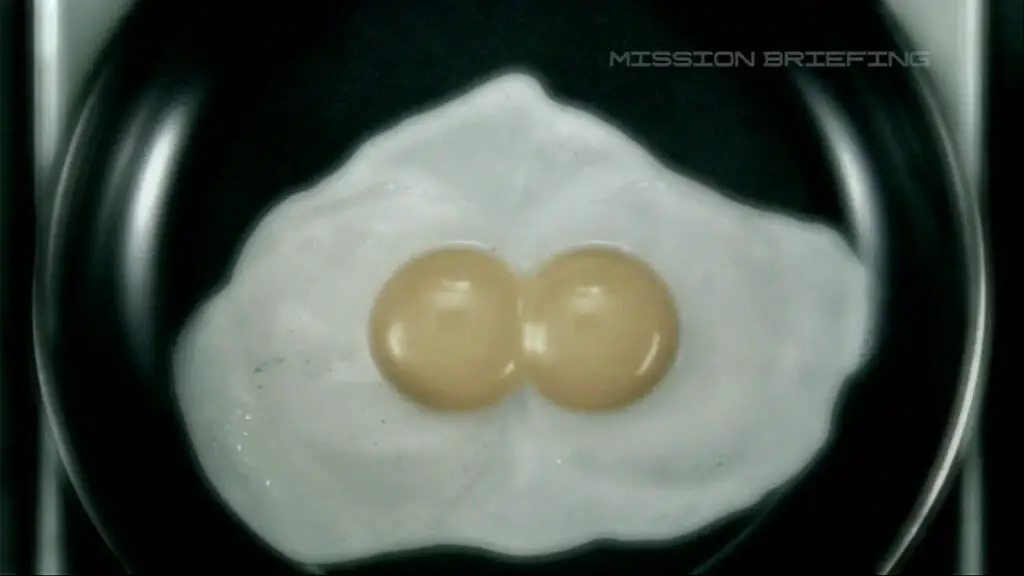
During the credits a new arrangement of the song ‘Here’s to You’ plays, originally meant to represent Snake and Otacon as they were going to be tried as war criminals in an earlier version of the game’s ending.
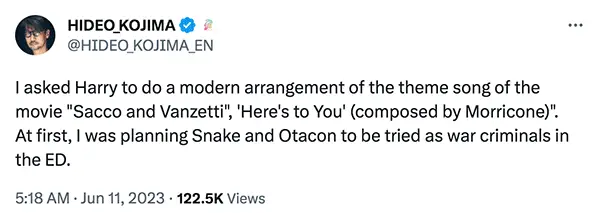
At the end of the game, many characters have their conflicts resolved, but Snake will only have a few more months to live, albeit free from his burden.


Source: Hideo Kojima Twitter

